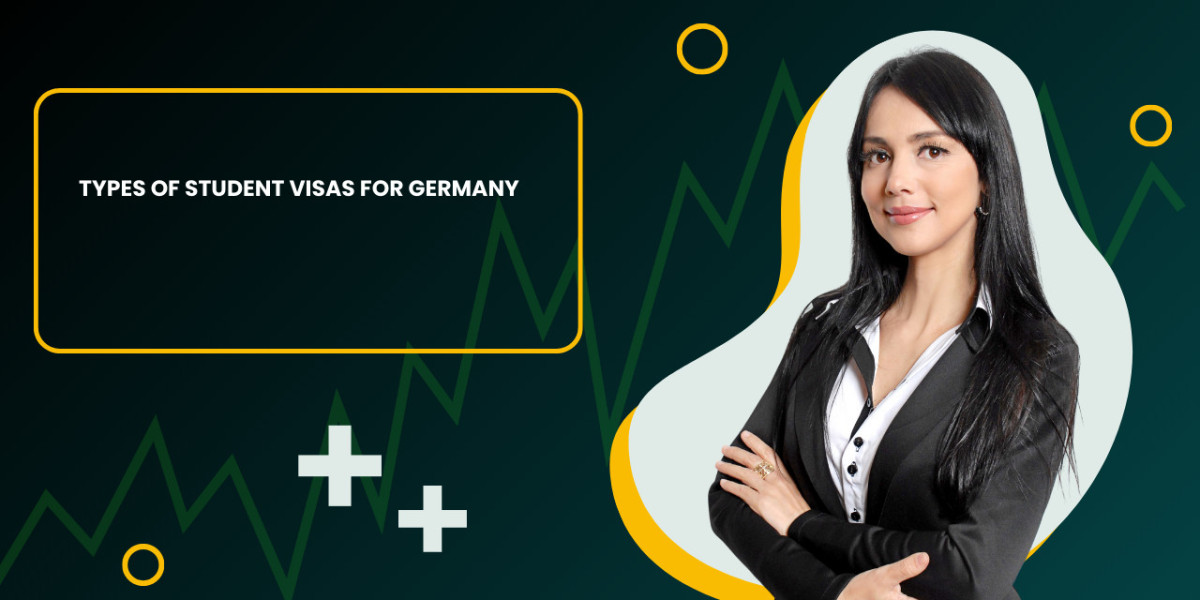Germany has become one of the most sought-after destinations for higher education, particularly for Indian students. One of the major attractions is the prospect of free education in Germany, as most public universities do not charge tuition fees. The country’s strong emphasis on academic excellence, coupled with its globally recognized universities, makes it a top choice. Organizations like letsconnectgermany help bridge the gap for Indian students aspiring to study in Germany by offering comprehensive support throughout the process.
If you’re planning to study in Germany, understanding the visa process is crucial. The German government provides various types of visas tailored to the needs of international students. letsconnectgermany Study in Germany ensures that you are well-guided through the maze of paperwork, ensuring a hassle-free transition to your new academic journey. Below, we explore the different types of student visas available for Germany and their specific requirements.
1. Student Applicant Visa (Visum zur Studienbewerbung)
This visa is ideal for students who are yet to receive their final admission letter from a German university. It allows you to enter Germany to complete the university’s admission formalities or attend entrance examinations. This visa is typically valid for three months but can be extended to six months if needed.
Key Requirements:
Proof of application to a German university or preparatory course
Financial proof to cover living expenses (e.g., a blocked account with around €11,208 per year)
Valid passport
Proof of academic qualifications
Key Benefits:
Offers flexibility for students still deciding on their final institution
Allows time to complete all admission prerequisites
2. Student Visa (Visum zu Studienzwecken)
This is the most common type of visa for students who have already been accepted into a German university. It allows you to reside in Germany for the purpose of studying.
Key Requirements:
An official admission letter from a recognized German university
Proof of financial resources, such as a blocked account or sponsorship letter
Health insurance coverage
Valid passport and biometric photos
Key Benefits:
Long-term visa, usually valid for the duration of your studies
Enables you to work part-time (up to 120 full days or 240 half days per year)
3. Language Course Visa
This visa is specifically for students planning to attend German language courses that last longer than three months. It does not permit students to switch to a full student visa while in Germany; you must return to your home country to reapply for a different visa type.
Key Requirements:
Proof of enrollment in a recognized German language course
Financial proof for the duration of the course
Valid health insurance
Key Benefits:
Allows you to immerse yourself in German language and culture before pursuing academic studies
Can serve as a stepping stone to full-time education in Germany
4. Visa for Study Preparation Programs
Germany offers a variety of preparatory courses, including foundation programs (Studienkolleg) and pre-master’s courses, for international students. This visa is designed for students enrolling in such programs to meet the academic requirements for admission.
Key Requirements:
Proof of enrollment in a preparatory course
Evidence of financial stability
Valid passport and health insurance
Key Benefits:
Helps students meet eligibility criteria for degree programs
Facilitates integration into the German education system
5. Research Visa
If you’re pursuing a doctoral degree or postdoctoral research, this visa is tailored to your needs. Germany is home to world-class research facilities and opportunities for academic growth.
Key Requirements:
Acceptance letter from a recognized research institution or university
Proof of sufficient financial resources or a fellowship
Comprehensive health insurance
Key Benefits:
Long-term stay for research purposes
Family reunification options available
Key Steps for a Successful Visa Application
Choose the Right Visa: Based on your academic goals, select the appropriate type of visa. Consulting experts like letsconnectgermany can simplify this process.
Gather Required Documents: Ensure that you have all the necessary documentation, including academic certificates, proof of financial resources, and health insurance.
Apply at the German Consulate: Submit your application at the German consulate or embassy in your region. Book your appointment early, as slots fill up quickly.
Attend the Visa Interview: Be prepared to explain your academic plans and how they align with your long-term goals.
Wait for Approval: Processing times can vary, so apply well in advance of your intended start date.
Why Choose letsconnectgermany?
Navigating the intricacies of studying abroad can be daunting. That’s where letsconnectgermany steps in. With their expertise, Indian students can:
Access personalized guidance on university applications and visa processes
Gain insights into financial planning and scholarship opportunities
Connect with alumni and current students for mentorship
Ensure a smooth transition to life in Germany
Final Thoughts
Studying in Germany is a life-changing opportunity, offering world-class education and a gateway to global career prospects. Understanding the types of student visas available is the first step in making your dream a reality. With the right guidance from organizations like letsconnectgermany, you can confidently embark on this journey, knowing that expert support is just a call away.








